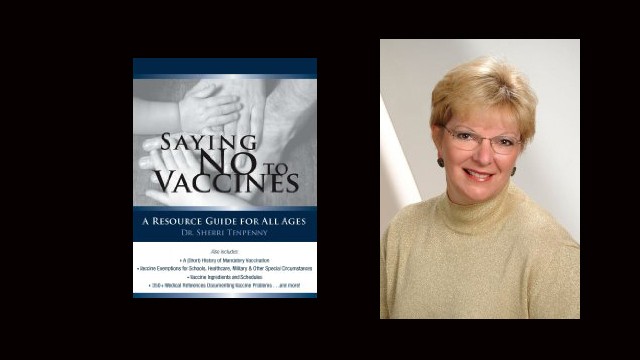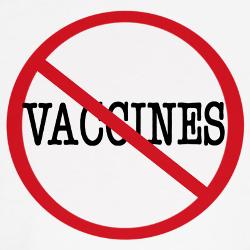
Education is a prominent cultural institution used to perpetuate the prevailing values of a society. Our modern education system has a sordid past largely rooted in industrialism. It's aim is to produce economically viable products–employable citizens. Nearly all our tweaks to the system in the last 100+ years are simply attempts to ensure that the products (graduates) are prepared for the work force.
During the “Diploma Rush” days, there were an awful lot of studies citing higher forms of education for a longer life. As though a piece of paper or a few years in training had anything to do with longevity; as though it was causal.
A new large study has laid to rest the idea that only the higher-educated survive.
Question: Do you believe in your ability to succeed on your terms or do life events just happen to you beyond your control?
Apparently, the answer to that is way more of a longevity clue that has absolutely nothing to do with education. Self-determination could actually be the biggest difference in a healthy life.
People who feel in control of their lives and believe they can achieve goals despite hardships are more likely to live longer and healthier lives, especially among those with less education, according to a new study by Brandeis University and University …
Being uneducated and poor doesn't mean you're doomed, despite all of the studies showing people with less education are more likely to experience disease, disability, and premature death.
The study titled Feeling ‘in control' can help you live longer followed over 6,000 people ages 25-75 – for 14 years. They were apart of an ongoing questionnaire called the National Survey of Midlife in the United States. It observed the perceived ability to exert influence over life circumstances.
The main finding was that adults without college degrees lived longer with perceived control over their lives. Those who felt little control, i.e. life just keeps pushing me around, were considered three times as likely to die earlier. Strangely, sense of control did not affect the mortality rate of people with higher levels of education (whatever that may be).Author Margie Lachman said:
A high sense of control all but wipes out educational differences when it comes to mortality. A person with less education but a high sense of control is practically indistinguishable from a person of high education.
Personality researchers adjusted for factors like income and the subjects' parents' income. Even after those variables were taken into consideration, the findings held. Turiano wants to know why or how people develop a strong sense of control, and when. They suspect that many of both innate and external factors play a role. They conclude with a wish to help people live long and positively, by introducing those concepts into public awareness, perhaps in education.
It really appears that modern Western research is simply rediscovering, or testing, the concepts known in Eastern cultures for millennia.
If the survey above is accurate, than it matters not the form of education, or how much, but the perception of the amount of control people have over their lives.
In other words, self-cultivation should be the purpose of education. Understanding self-cultivation in terms of being a part of a unified field of relationships is key to the growth of a mature culture of peace. When the natural web of our relationships is used to strengthen our depth of knowledge, the feedback from the environment supports timely adjustments and refinements in our emotional and technical developments.
Please Read this Article at NaturalBlaze.com





Leave a Reply